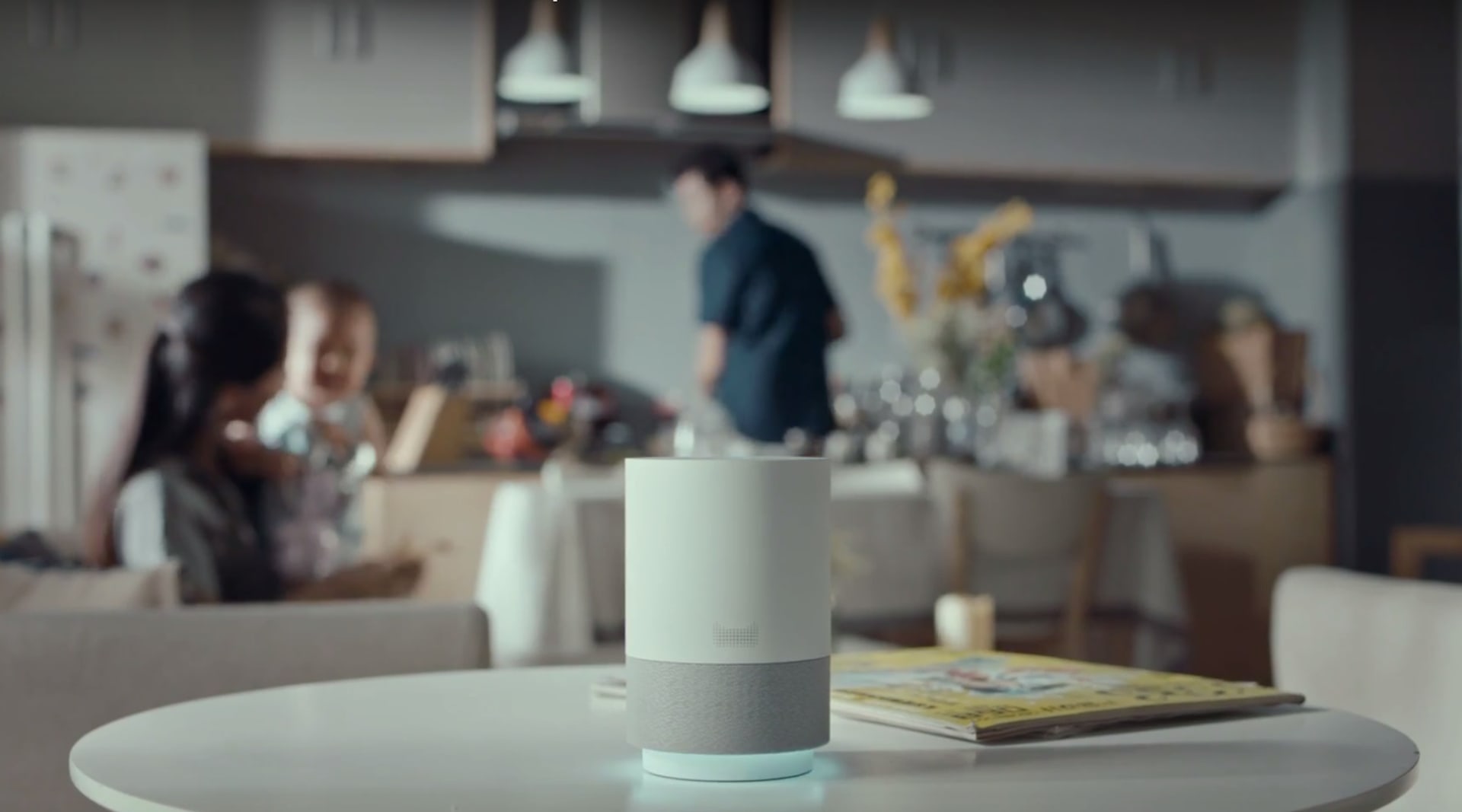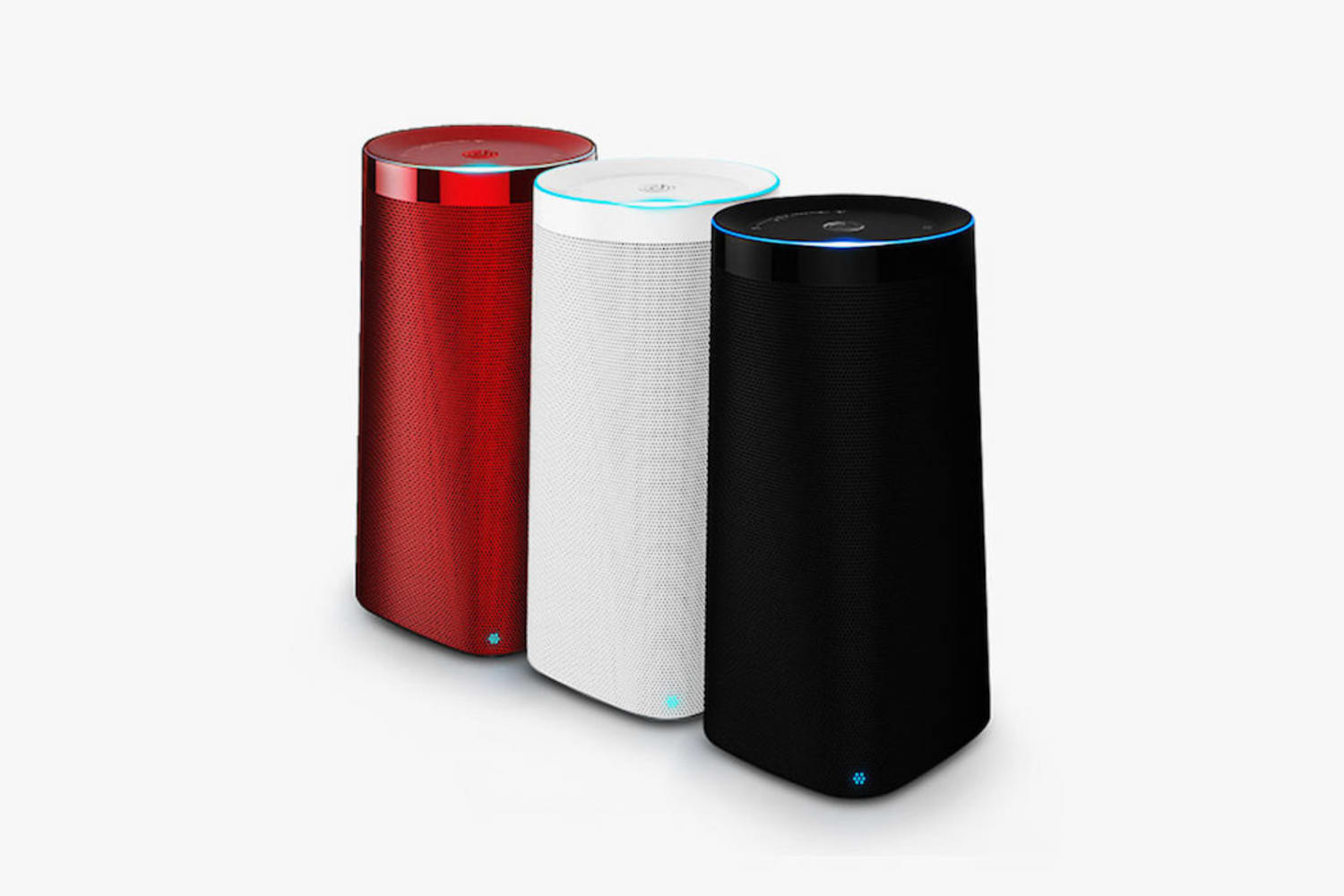Not to be left out, Chinese search giant Baidu is also developing a smart conversational platform, called DuerOS. The platform has already been used in a range of applications, including taking orders at KFC, serving as an operating system for TVs, and acting as a phone assistant, similar to Apple’s Siri.
“I see speech approaching a point where it could become so reliable that you can just use it and not even think about it,” Andrew Ng, Baidu’s chief scientist and an associate professor at Stanford University, told MIT Technology Review. “The best technology is often invisible, and as speech recognition becomes more reliable, I hope it will disappear into the background.”
The Speak Easy Global report from the Innovation Group London and Mindshare Futures found that weekly use of voice technology in China is 31%, mirroring the global average. There also appears to be a strong appetite for voice, with only 4% of Chinese respondents saying they will never use it.
Chinese survey respondents are enthusiastic, Speak Easy Global found. A 40-year-old male focus group participant said “I like my Duer so much that I wish I could have a real robot instead of just a virtual voice.”
Our research also found that more than in any other market, Chinese consumers want their voice assistants to be “human.” Brands can stand out by developing unique, personable voice applications that take a proactive role in their users’ lives.
Elizabeth Cherian, the Innovation Group’s UK director, explains the results of the Speak Easy research across nine global markets in a new interview with The Store WPP.




